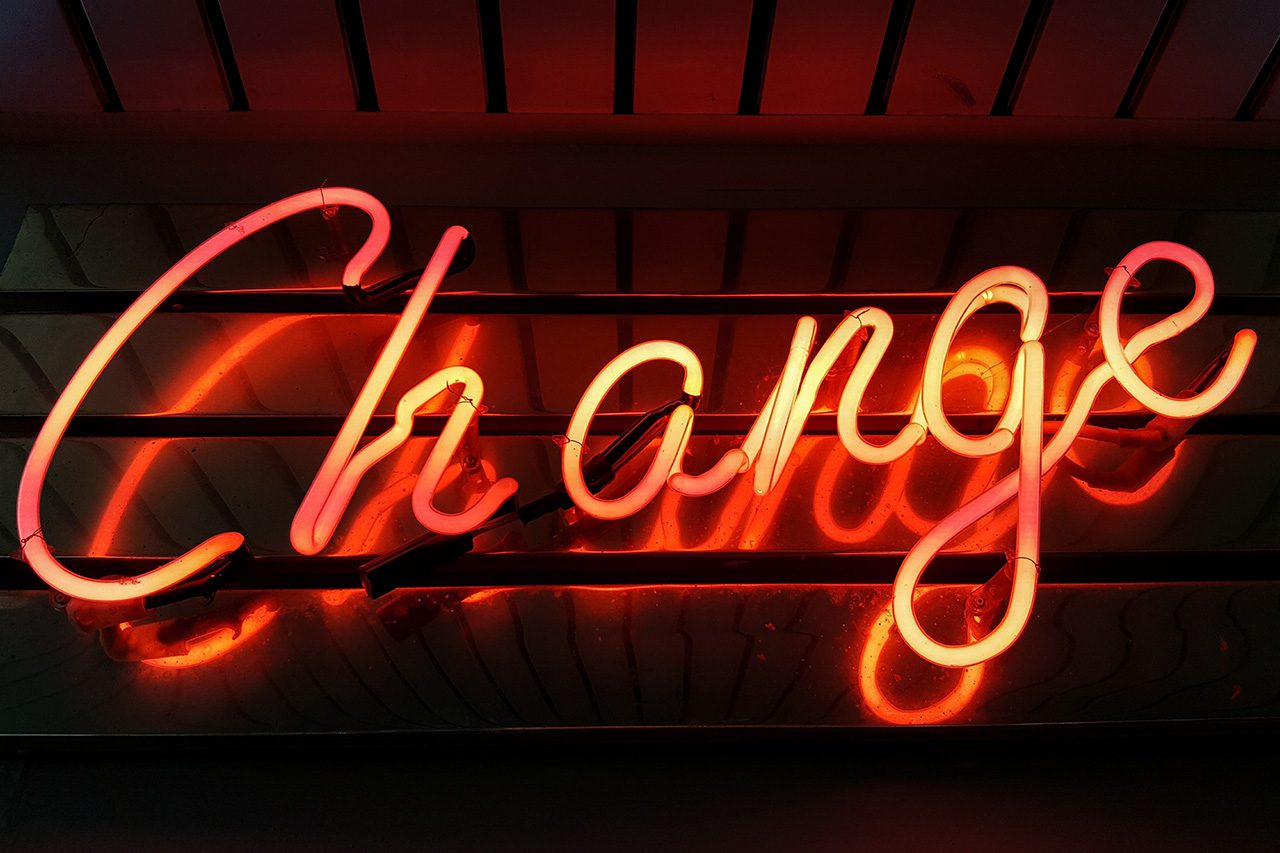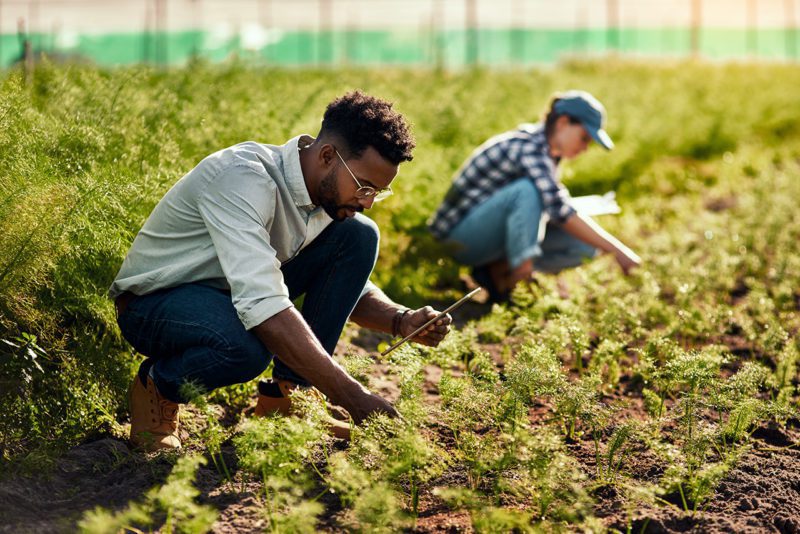Resourcing Resilience Across Africa
Bold innovations in funding health systems

According to Bloomberg, ESG assets may reach USD 53 trillion by 2025. Sustainability is becoming an increasingly big-money game, driven by ambitious investments by multinationals around the world, which have not only the financial but also human capital to make significant statements in the space. This article examines the feasibility of whether SMEs, more limited in terms of human resources and available finances, can effectively report on the sustainability and impact of their operations, and the options they might have for moving in the right direction towards the SDGs.
“Going green is expensive!”
You may have heard this exclaimed by managers and owners when it comes to evaluating and implementing sustainability strategies. And it’s easy enough to find reasons to balk at the implications, whether that’s due to cost, or simply that they consider their business too small to make any real difference to the environment and society.

The immense resources available to large organizations enable them to hire and develop well-financed sustainability teams and senior positions with specific responsibilities, such as Chief Impact Officer (CIO), a role assumed last year by Prince Harry, and Chief Sustainability Officer (CSO), which up to 2021 saw 228% growth in demand over 10 years in the US.
However small-and-medium enterprises (SMEs) can contribute to achieving sustainable development. The scale – at least for the individual organization – will be much smaller. But that’s okay.
So, is it feasible for SMEs to make a tangible impact towards a sustainable future? The answer is yes.
It is reported that in the United Kingdom (UK) alone, there are approximately 5.58 million private businesses, and among them, 99.9% are SMEs with less than 250 employees. The total employment in SMEs, according to The Federation of Small Businesses, was 16.3 million in 2021, and they are considered to be the ‘backbone of the economy’. The collective economic, environmental, and social impact of SMEs is enough of a reason to implement green strategies and start measuring the impact of their operations.
So, is it feasible for SMEs to make a tangible impact towards a sustainable future?
The answer is yes – and there are structured approaches that can help.
First, we need to understand that there is no one-size-fits-all green strategy. What works for a similar business may not be appropriate or useful for you.
Second, set concrete objectives or missions that define your company and how you will develop a sustainable business – and that are measurable. Remember, just like what you have learned from Corporate Strategy 101 – your mission statement should define your company’s 5 Ws: Who, What, When, Where, and Why.
The only difference is that a mission statement with a sustainable practice angle should both look at enhancing competitiveness and social good.
Becoming a purpose-driven business is increasingly important, not just when addressing your consumer market, but also when it comes to hiring. Millennials, who will make up 75% of the workforce by 2025, rate “finding work that is meaningful” as one of their top three factors for determining career success; and Gen Z is “the first generation to prioritize purpose over salary”. By firmly aligning your strategy with a positive, sustainable purpose, you will reap scalable rewards. Moreover, failing to do so can create risks to the sustainability of your very business.

You will not have the resources to establish specialized sustainability teams, but by creating the right culture and encouraging existing and new colleagues to participate in your initiatives, you will be able to scale your sustainability efforts. It can be as simple as choosing a particular SDG to look at over the course of a year and collectively progressing a single area towards the target.
Once your mission statement and strategy are crafted, the next step is to implement the strategy and assess the results.
The essence of sustainable business is monitoring and evaluating. It is important that we continuously revisit our process periodically to ensure the goals, missions, and signs of progress are aligned and that we are creating a positive impact and mitigating the negative impact.
Measurement itself can be a challenge. Many larger organisations are under near-constant scrutiny around greenwashing. While smaller organisations tend to thrive off authenticity and trust-based relationships, you should also take care to be able to back up your impact claims with robust evidence where possible.
The essence of sustainable business is monitoring and evaluating.
Select an appropriate set of indicators (one such example is the list of UN SDG indicators) and consider impact in terms of longer-term change to economic, social, environmental, or cultural circumstances. Record short-term outcomes, such as encouraging your employees to take up cycling to work through the implementation of a bike-to-work scheme, but also take care to assess the wider impact; can you influence long-term behavioural change, such as encouraging their families to take up cycling to places of work and education, or even to the shops instead of avoidable short drives?
This longer-term way of thinking is critical because sustainable development is a long process. Results do not come immediately. In addition, there will be lots of trial and error along the road to sustainability. Some strategies will bring you success, but many will fail, and we cannot stop right there, we have to continue to try different approaches or strategies to make the greatest impact. This is why measurement and decision-making based on data and evidence is crucial.
As SMEs, we are small and our impact on the world can easily be perceived as irrelevant. But I would like to share one thinking that I recently came across, Tempered Radicals. The thinking was introduced by Debra Meyerson 20 years ago (a tenured Stanford professor and an organizational scholar). A tempered radical is ‘an informal leader who quietly challenges prevailing wisdom and provokes cultural transformation. These radicals bear no banners and sound no trumpets. These seemingly innocuous changes barely inspire notice. But like steady drops of water, they gradually erode granite’.

SMEs are tempered radicals in achieving sustainable development. Our actions can be small, private, and muted; yet, because of our commitments and flexibility, our impacts can bring change and trust with our stakeholders (especially our business partners and clients). SMEs are part of the revolutionary change to make this world a better place for our future generations. One SME may seem irrelevant but when multiplied by 5.58 million – in the UK alone – becomes a key part of the revolution.
Just remember, again quoting from Meyerson, ‘a phenomenon can occur suddenly but more often than not requires time, commitment, the patience to endure’. This could not ring truer when it comes to sustainability.
Related Content
Comments
Deep Dives
RECENT
Editor's Picks
Webinars
News & Events
Subscribe to our newsletter to receive updates about new Magazine content and upcoming webinars, deep dives, and events.
Become a Premium Member to access the full library of webinars and deep dives, exclusive membership portal, member directory, message board, and curated live chats.
At Impact Entrepreneur, we champion fearless, independent journalism and education, spotlighting the inspiring changemakers building the Impact Economy. Diversity, equity, sustainability, and democracy face unprecedented threats from misinformation, powerful interests, and systemic inequities.
We believe a sustainable and equitable future is possible—but we can't achieve it without your help. Our independent voice depends entirely on support from changemakers like you.
Please step up today. Your donation—no matter the size—ensures we continue delivering impactful journalism and education that push boundaries and hold power accountable.
Join us in protecting what truly matters. It only takes a minute to make a real difference.
0 Comments